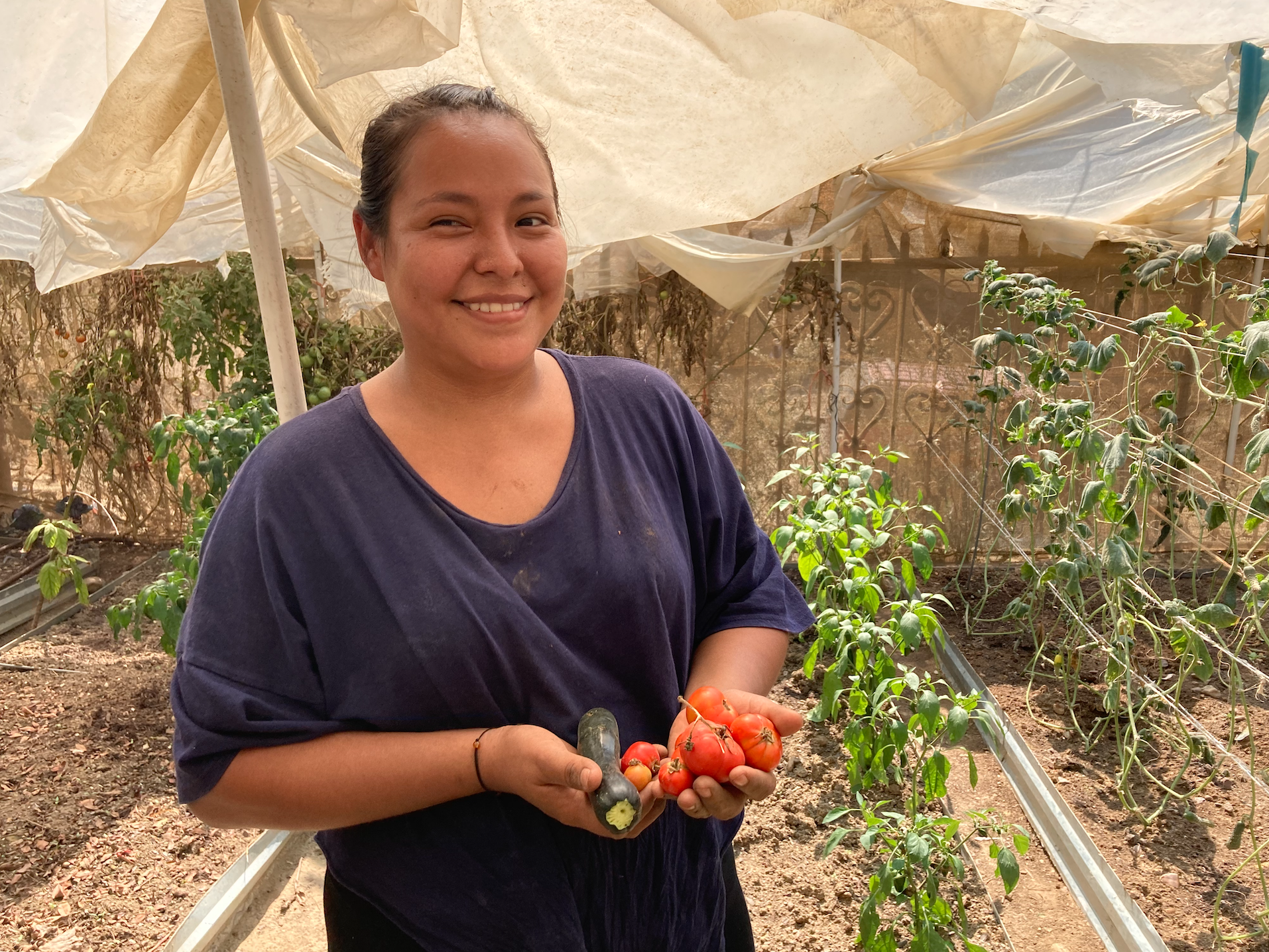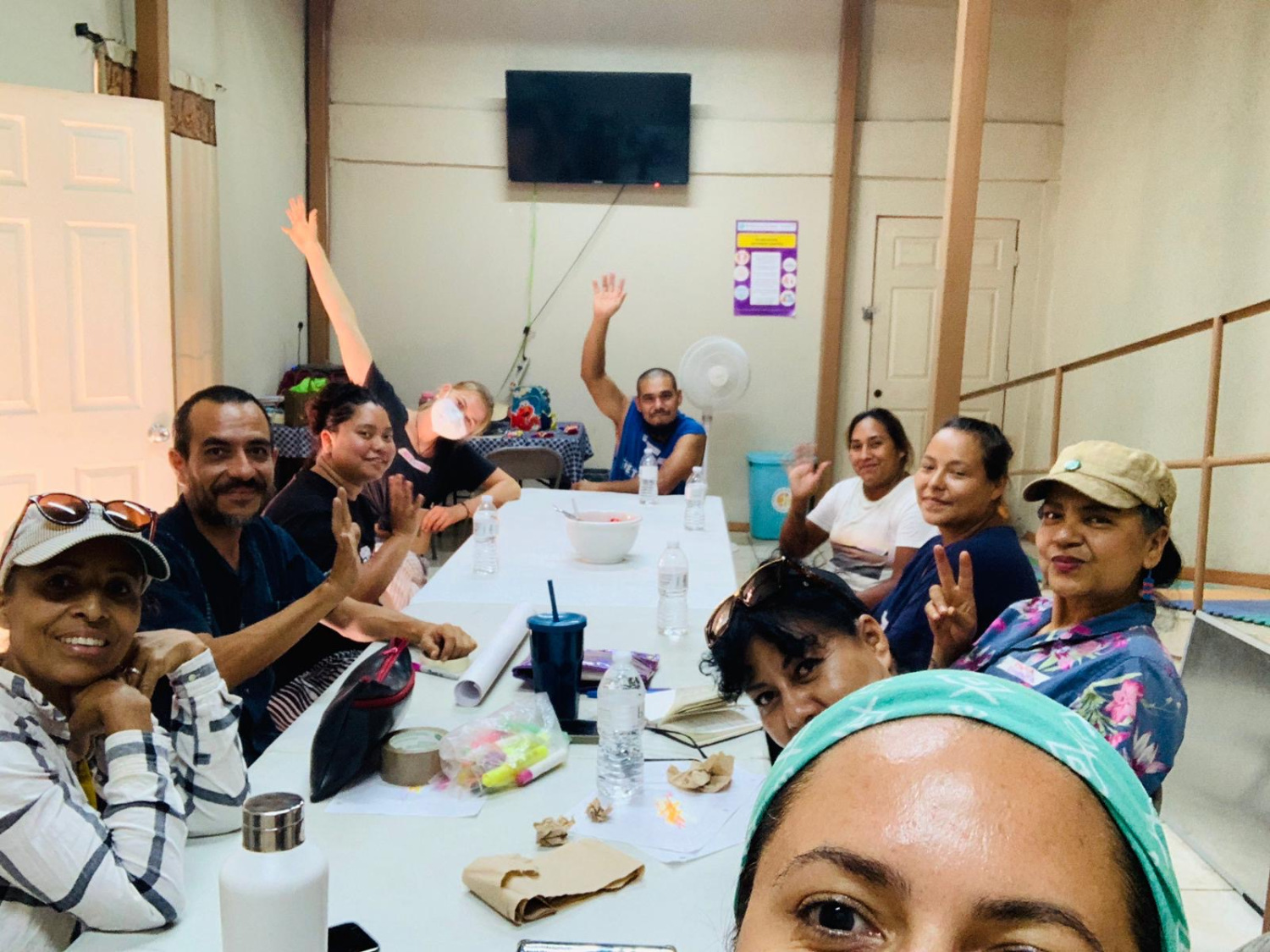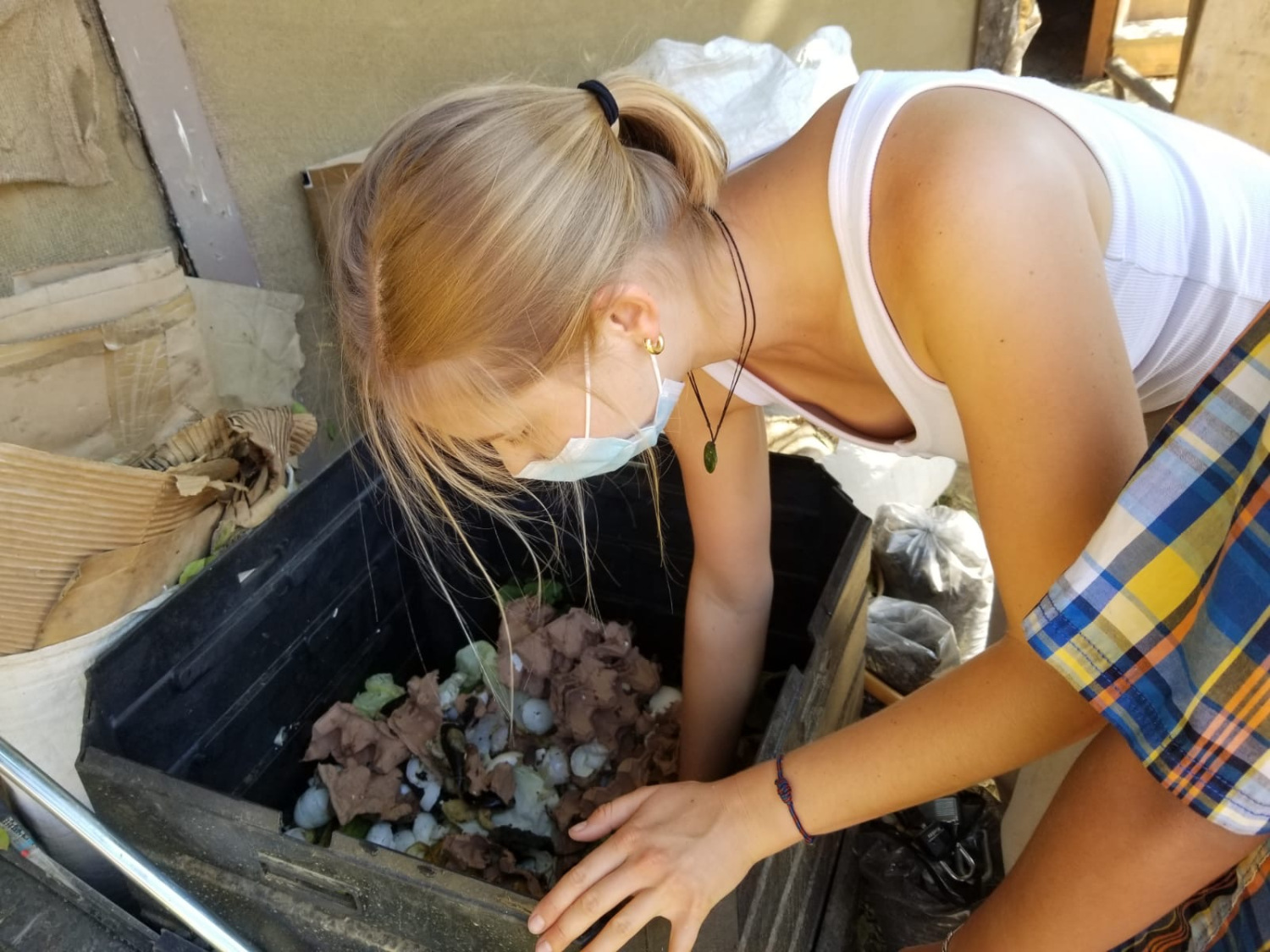On Sunday, June 20, we celebrate World Refugee Day; an opportunity to honor those fighting for safer lives. Millions of forcibly displaced people face treacherous conditions daily, many of whom are stuck at the Mexico-United States border. Over the past several years, the United States has violated several international human rights and refugee laws, narrowing the number of migrants who qualify for protection and creating a massive humanitarian crisis at the border. Tijuana, a key destination for asylum-seekers, has over 25 migrant shelters, each struggling to supply proper resources to those forced to stay there. The current system keeps refugees in limbo, preventing them from working, learning, maintaining their roots, and truly settling in as they await entry to the United States.
One changemaker, Alex Reep, noticed this wasted potential and decided to do something about it. Reep attended the University of San Diego, located 30 minutes from the Mexican border, and first went to Tijuana to serve as a translator during the humanitarian aid crisis that occurred in 2018 after the migrant caravans arrived from Central America. She quickly noticed the prominent food insecurity and nutrition issues in the shelters she visited. She described the food as “pretty abysmal,” most of which included rotting produce, chips, and other unhealthy meals.
These observations led to the creation of The Tijuana Refugee Shelter Community Garden Project. Reep’s goal went beyond combating food insecurity; she wanted to create a safe green space where migrants, shelter residents, and children could become involved and learn. She spent time researching gardening conditions in Tijuana and strategically bought seeds to grow produce relevant to the migrants’ native cuisine. Garden produce includes cilantro, limes, mangos, tomatoes, spinach, and onions; items for everyday cooking, and staple ingredients in native recipes that help the refugees feel closer to home. The garden, positioned between a Central American shelter and a Haitian shelter, has helped feed and nourish two communities.
Beyond providing nutritious food, the garden has also accomplished Reep’s goal of creating a safe community space where migrants can reconnect with their roots. She highlighted one refugee, originally from a ranch in Michoacán, Mexico, who clearly struggled with the migration process and found sanctuary in the garden. Reep remembers her “sinking her bare feet into the dirt and working so hard.” Reep said it was clear she missed her hometown, and she was able to reconnect through her work in the garden, something she had done at home her entire life, and “feel comfortable in a space that was uncomfortable,” something many of the migrants in the garden can relate to.
“I feel like this was a really empowering experience because it just made it so clear that you can see a problem and then work to find a solution to address it,” Reep said. “I feel like now I’m much more observant of issues within my community, and I wish that more people had the opportunity to throw themselves into a community development project. It makes it so clear that things can improve and can get better as long as you feel like you can do something to change things positively.”
Something as simple as buying a few seeds, creating a community space, and showing refugees who have given up everything for a safer life that someone cares about them can make all the difference.
Reep highlighted how easily we push these issues aside, as they are struggles many United States citizens have not and will not have to face. She said the majority of her classmates at UCSD were uneducated on the conditions at the border, despite being only 30 miles away. Reep is a prime example of how one person, or a small group of people, can make a big difference, and she encourages others to do the same.
“There is so much courage involved in leaving your support networks and all that’s familiar to you to move yourself and your family to a safer situation,” she said. “Rather than pity refugees for the adversity they have faced, we must acknowledge and learn from their resiliency.”
*The garden’s daily operations are now run by CultivaYa!, a Tijuana-based, urban farming educational
organization.





